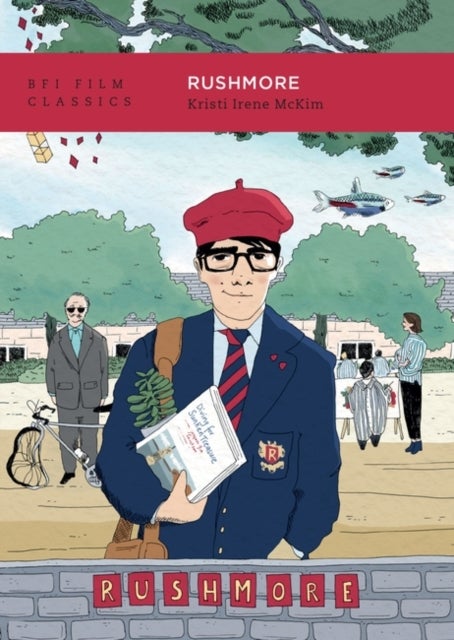
Rushmore av Kristi Irene (Hendrix College USA) McKim
199,-
Earning critical acclaim and commercial success upon its 1998 release, <i>Rushmore¿</i>the sophomore film of American auteur Wes Anderson¿quickly gained the status of a cult classic. A melancholic coming-of-age story wrapped in comedy drama, <i>Rushmore</i> focuses on the efforts of Max Fischer (Jason Schwartzman)¿a brazen and precocious fifteen-year-old¿to find his way. Restless, energetic, struggling, and overcompensating for his insecurities, Max pursues a dizzying range of possible futures, leading him into the orbit of local steel magnate Herman Blume (Bill Murray), elementary school teacher Rosemary Cross (Olivia Williams), and a host of cooperative schoolmates who help him to stage lavish film-derivative plays. Kristi McKim¿s compelling study of the film argues that despite the film¿s titular call for haste and excess (rush/more), it challenges a drive toward perfectionism and celebrates the quiet connections that defy such passion and speed. After establishing <i>Rushmore</i>¿s








